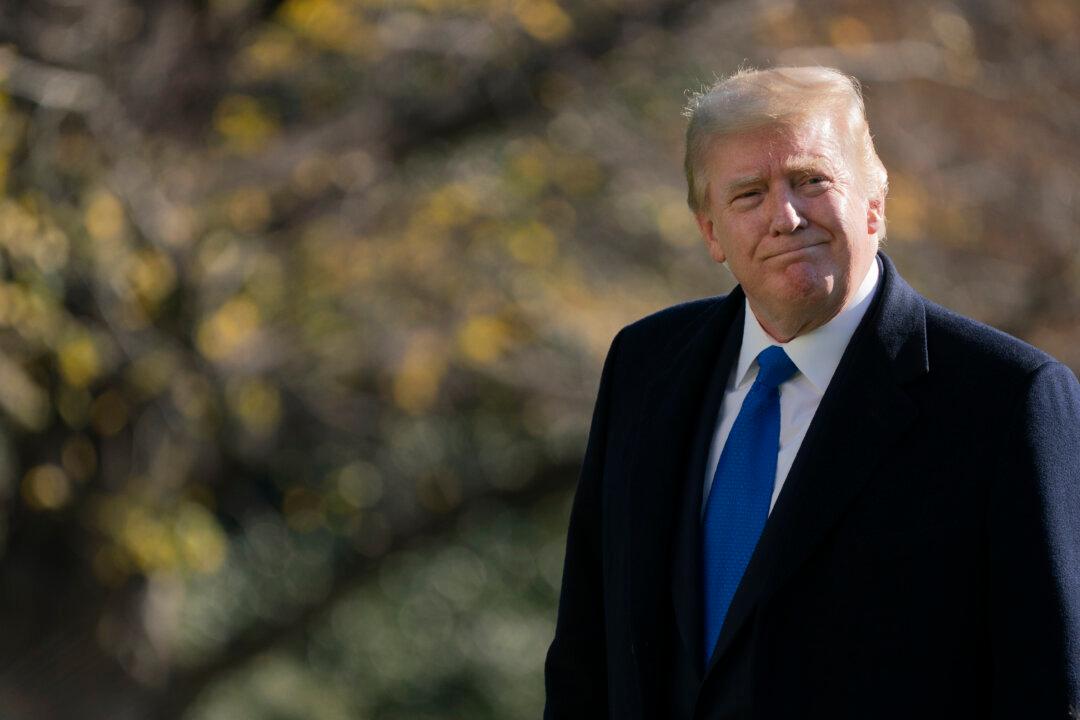President Donald Trump has asked the nation’s top court for permission to join a lawsuit filed by Texas against four battleground states.
Trump’s lawyer filed a motion to intervene with the U.S. Supreme Court on Wednesday, asking the court to allow the president to join the Texas case that alleges Pennsylvania, Georgia, Michigan, and Wisconsin had unconstitutionally changed election laws, treated voters unequally, and triggered significant voting irregularities by relaxing ballot integrity measures. The lawyer said Trump is intervening in the case as a candidate for reelection to the office of President of the United States.




